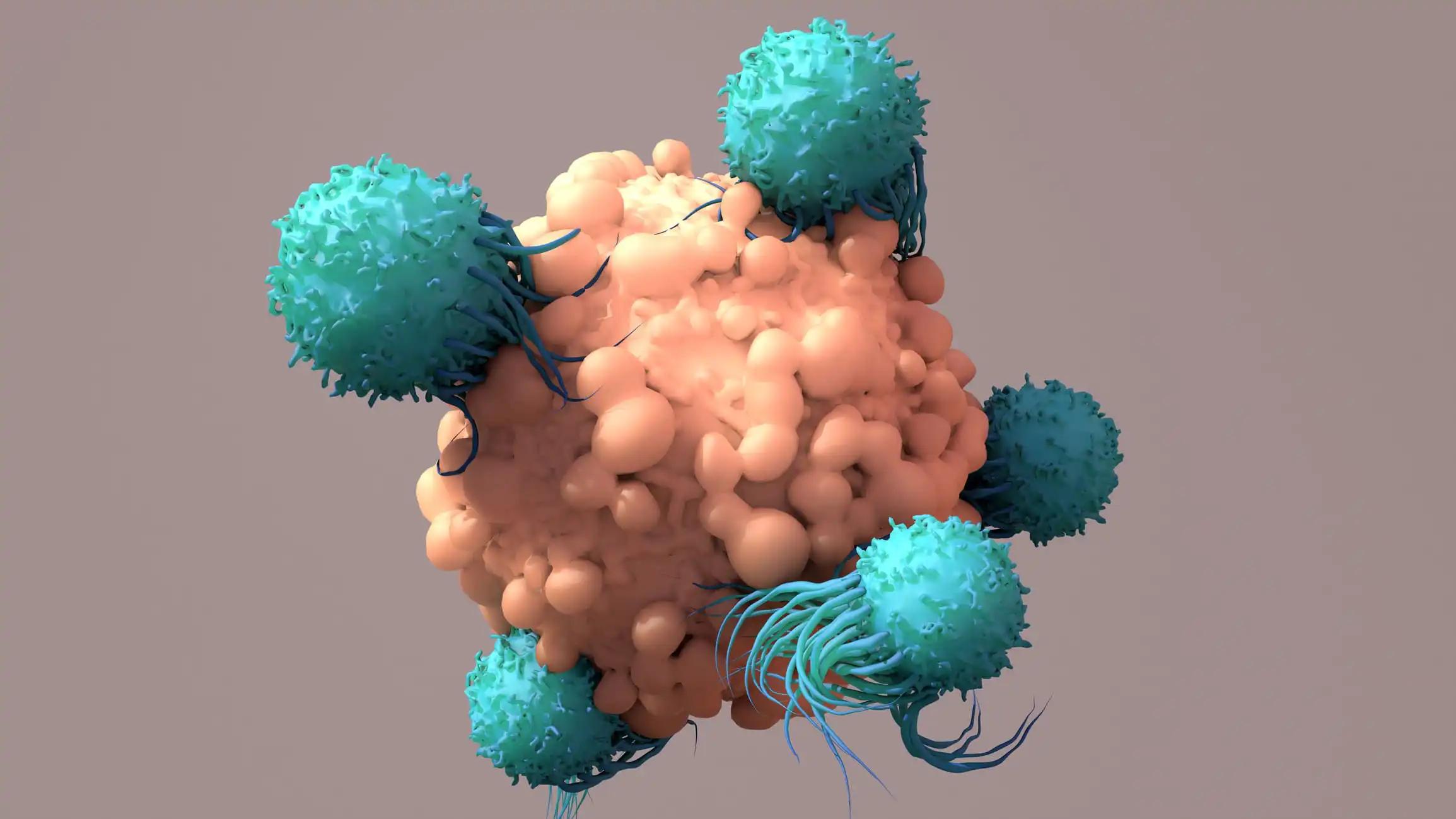KEY TAKEAWAYS
- The study aimed to assess the sensitivity of a personalized ctDNA assay (Signatera) in detecting molecular relapse in patients with BC during long-term follow-up.
- The study concluded that serial ctDNA tests aid prognosis, intervention, and monitoring in BC management.
Jacqueline A Shaw and the team aimed to present findings on the sensitivity of a personalized ctDNA assay, Signatera, for detecting molecular relapse in patients with breast cancer(BC) during long-term follow-up.
The study involved 156 patients diagnosed with primary BC who underwent clinical monitoring for up to 12 years post-surgery and adjuvant chemotherapy. Semiannual blood samples were prospectively collected and retrospectively analyzed for residual disease using ctDNA assays developed from whole-exome sequencing data of the primary tumor.
The results revealed that personalized Signatera assays identified ctDNA before clinical or radiologic relapse in 30 out of 34 patients who experienced relapse (patient-level sensitivity of 88.2%). The detection preceded relapse by up to 38 months (median, 10.5 months; range, 0-38 months), with ctDNA positivity correlating with shorter relapse-free survival (P < .0001) and overall survival (P< .0001).
Among the 23 triple-negative patients, all 7 who relapsed showed ctDNA positivity within a median of 8 months (range, 0-19 months), while the 16 nonrelapsed patients remained ctDNA-negative during a median follow-up of 58 months (range, 8-99 months). Conversely, among the 4 patients with negative tests before relapse, all had hormone receptor-positive (HR+) disease. Conversely, 5 of the 122 nonrelapsed patients (all HR+) occasionally tested positive.
The study concluded that serial postoperative ctDNA assessment offers robust prognostic value, allowing for earlier therapeutic intervention and more effective monitoring than current clinical tests like cancer antigen 15-3.
Furthermore, evidence suggested superior clinical outcomes for individuals with serially negative ctDNA tests, reassuring patients with BC. In specific cases with HR+ disease, treatment management decisions might necessitate serial monitoring despite a ctDNA-positive result.
Program grant funding from Cancer Research UK provided funding support to Shaw and Coombes. Additionally, income from AstraZeneca was utilized to cover the expenses associated with the Signatera assays.
Source: https://pubmed.ncbi.nlm.nih.gov/38691816/
Shaw JA, Page K, Wren E, et al. (2024). “Serial Postoperative Circulating Tumor DNA Assessment Has Strong Prognostic Value During Long-Term Follow-Up in Patients With Breast Cancer.” JCO Precis Oncol. 2024 Apr;8:e2300456. doi: 10.1200/PO.23.00456. PMID: 38691816.



